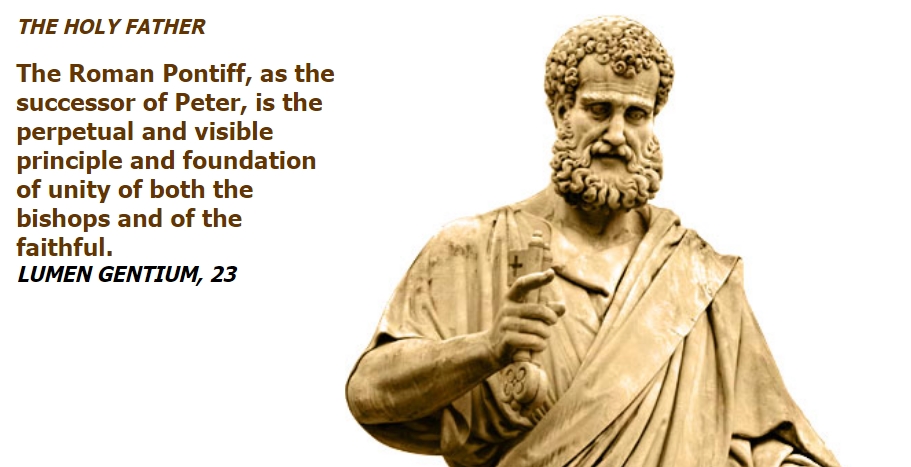
For not the first time in the history of the Vatican, a Pope is making things easier for a totalitarian state, in the present case by authorizing a four-year extension of a “secret agreement on bishop appointments and administration of the Chinese Church, first signed in 2018.”
Riccardo Cascioli suggests that the mere “semblance of dialogue” represented by the deal “is causing an increase” in the persecution of Chinese Catholics (“Vatican-China, extending the agreement damages Catholic Church,” New Daily Compass, October 23, 2024).
I suspect that with or without Vatican quiescence, the Chinese Communist Party would be just as gung ho and brutal persecuting Catholics as it is when persecuting the people of other religions. To be sure, the Party certainly appreciates as much moral support as it can get from governments, Vaticans, companies, think tanks, and others.
Moreover, even when the effects of moral encouragement or moral discouragement are not immediately detectable, they exist and add up. What if no one in the relatively free world had ever cooperated with the Chinese regime in any way after 1949?
Ten Persecuted Bishops
But maybe things are indeed even worse than they would have been without the Vatican’s submissive pact.
Cascioli cites a report by Nina Shea, “Ten Persecuted Catholic Bishops in China,” showing, in her words, that “religious repression of the Catholic Church in China has intensified since the 2018 China-Vatican agreement on the appointment of bishops.” The Chinese Communist Party subjected the ten bishops that Shea profiles “to indefinite detention without due process, disappearances, open-ended security police investigations, banishments from their dioceses, or other impediments to their episcopal ministries including threats, surveillance, interrogation, and so-called reeducation.”
Here is an example Shea gives in an article for National Review:
Bishop Melchior Shi Hongzhen of Tianjin has been detained for the past 15 years in his parish church compound. He spends his days reading in his study, except when the government has allowed him out to hold last rites. In August, the Vatican reported that China will “officially recognize” the 95-year-old bishop and declared this “a positive fruit of the dialogue.” It’s a bitter fruit, considering his advanced age. The gesture aims to influence public opinion. It is on par with Beijing’s cynical practice of releasing prisoners of conscience once they are on their deathbeds.
As a precondition of the agreement, in 2018, China had Pope Francis demote Bishop Vincent Guo Xijin from his position as Mindong diocese’s principal bishop, and replace him with a government-appointed bishop, who had been excommunicated. Then-auxiliary bishop, Guo faced restrictions in his pastoral ministry and was evicted from his home, forcing him to sleep on the street in wintertime. Later, the government cut off his utilities and arrested and tortured some of his priests. In 2020, he resigned. His whereabouts are unknown.
Cascioli reports that during the years that the agreement has been in force, Beijing’s appointments of bishops have been made with only nominal approval by the Vatican.
Despite hesitation from the Vatican side about renewing the agreement for a full four years and talk of possible compromises by China, there have been no such compromises, and the Vatican has accepted another four years of the same unsatisfactory terms.
As if this were not dispiriting enough, Pope Francis has gone out of his way to assert that China is “a promise and a hope for the Church” and that he is “happy with the dialogues with China, the result is good.”
As reported by the Vatican
These are the Pope’s words as quoted by Cascioli. Let’s get them from the original source and in their full context, which does not improve them.
The Vatican-provided English version of a transcript of a September 13, 2024 press conference indicates that Pope Francis was asked, regarding “the renewal of the agreement between China and the Holy See on the appointment of bishops,” whether “you [are] satisfied with the results and dialogue so far?”
Pope Francis replied: “I am pleased with the dialogue with China. The results are good. Even for the appointment of bishops, things are progressing with goodwill. I have spoken with the Secretariat of State, and I am happy with how things are going. As for China, I see China as an aspiration, meaning I would like to visit China. It’s a great country, and I admire and respect China.
“It’s a country with an ancient culture. China’s capacity for dialogue to understand each other goes beyond the different systems of government it has had. I believe China is a promise and a hope for the Church. Collaboration is possible, and certainly regarding conflicts.”
Clearly, then, even a Pope can lie.





